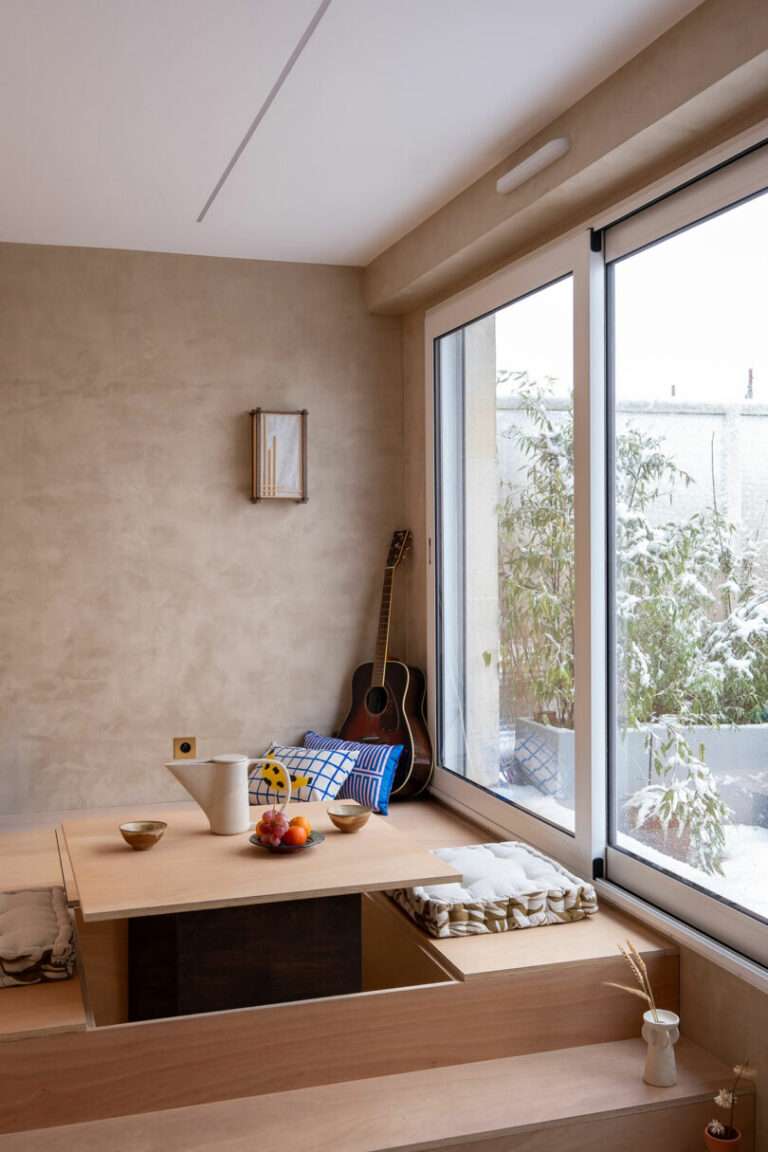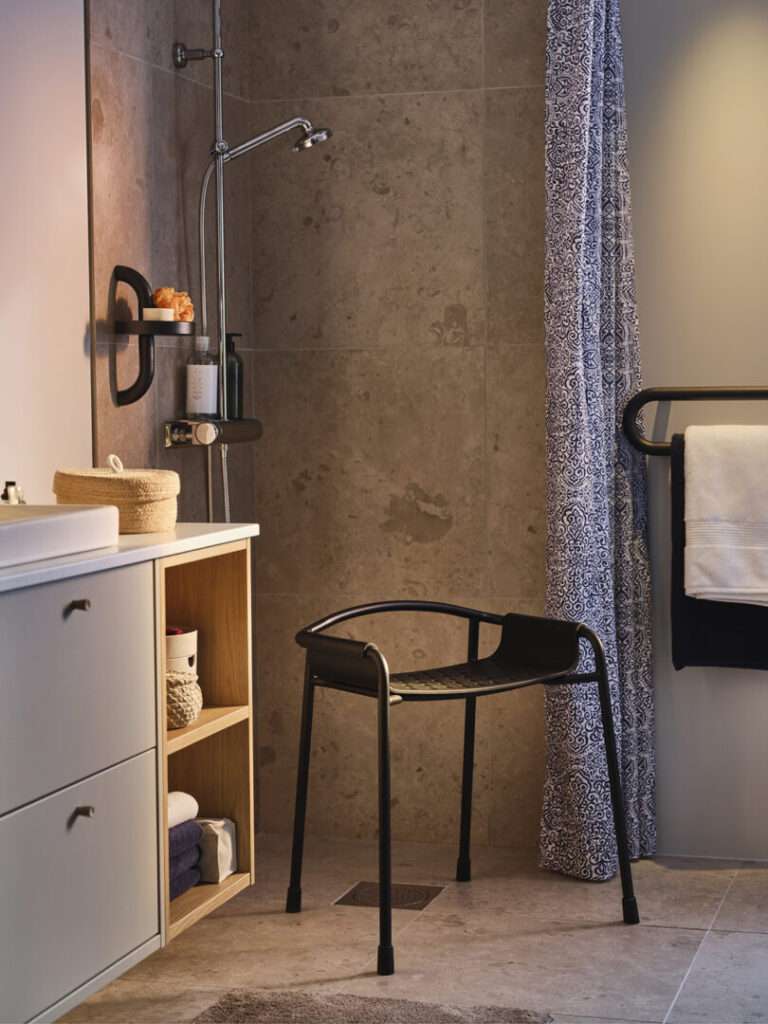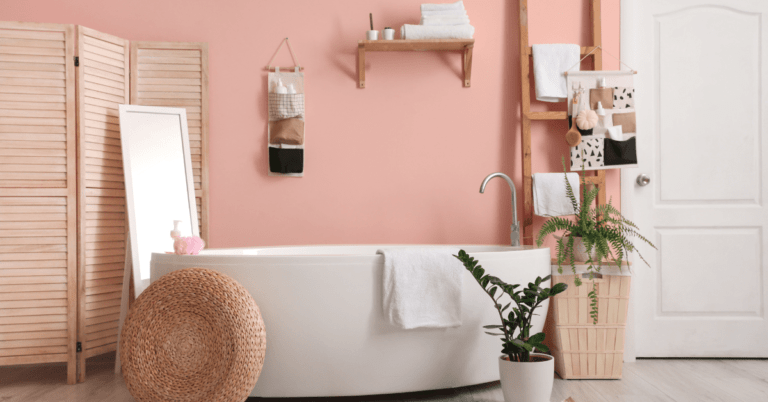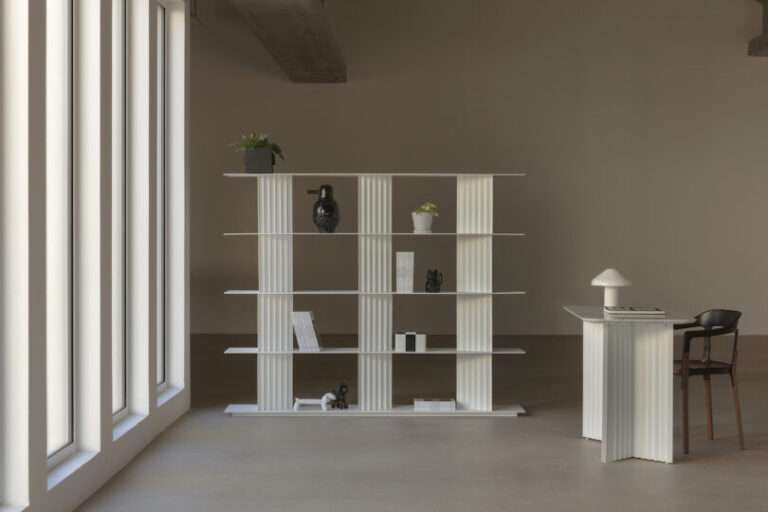Gabion walls, with their unique blend of functionality and aesthetic appeal, have surged in popularity among architects, landscapers, and homeowners alike. These structures, made from wire cages filled with rocks, stones, or sometimes even recycled materials, offer an innovative solution to erosion control, retaining walls, and even creative landscaping elements.
We will explore the versatile world of gabion wall ideas, deciphering how these simple yet sturdy structures can be transformed into captivating features in any outdoor space. From practical applications in garden design to their role in sustainable building practices, we’ll uncover the myriad ways gabion walls can enhance both the beauty and functionality of our surroundings.
Defining the Aesthetics and Functionality of Gabion Walls
When exploring gabion wall ideas, it’s essential to consider both their aesthetic appeal and functional benefits. Gabion walls, traditionally used for their durability and strength in civil engineering, have found a new role in landscape design due to their versatility and texture.
These structures are made from wire cages filled with rocks, concrete, or sometimes even recycled materials, offering a rustic yet modern look that can seamlessly integrate into various outdoor settings.
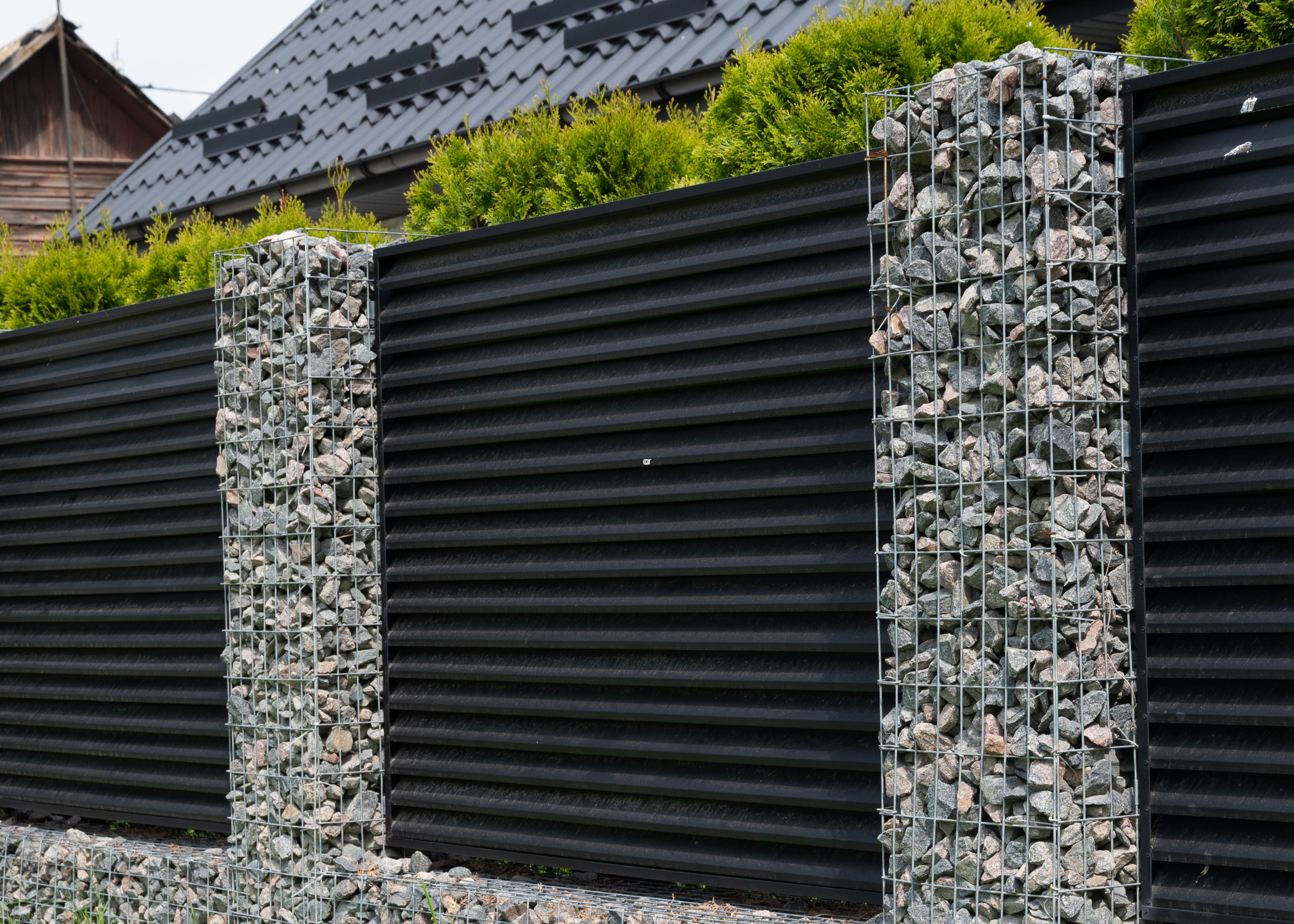
The beauty of a gabion wall lies not only in its visual appeal but also in its practical applications. They are remarkably effective at erosion control, making them ideal for properties in hilly areas or near water bodies.
Additionally, the spaces between the rocks allow for water drainage, preventing water buildup and pressure on the wall. For those interested in sustainability, gabion walls are an excellent choice as they can incorporate locally sourced materials, reducing the environmental impact.
Innovative Uses of Gabion Walls in Residential Settings
Homeowners are increasingly turning to gabion walls not just for their functionality but for their aesthetic appeal. They can be filled with different types of stones or colored glass rocks to create unique, eye-catching features.
For example, integrating lighting within a gabion wall can transform a simple boundary or retaining wall into a stunning light feature at night, enhancing both the ambiance and the safety of outdoor spaces.
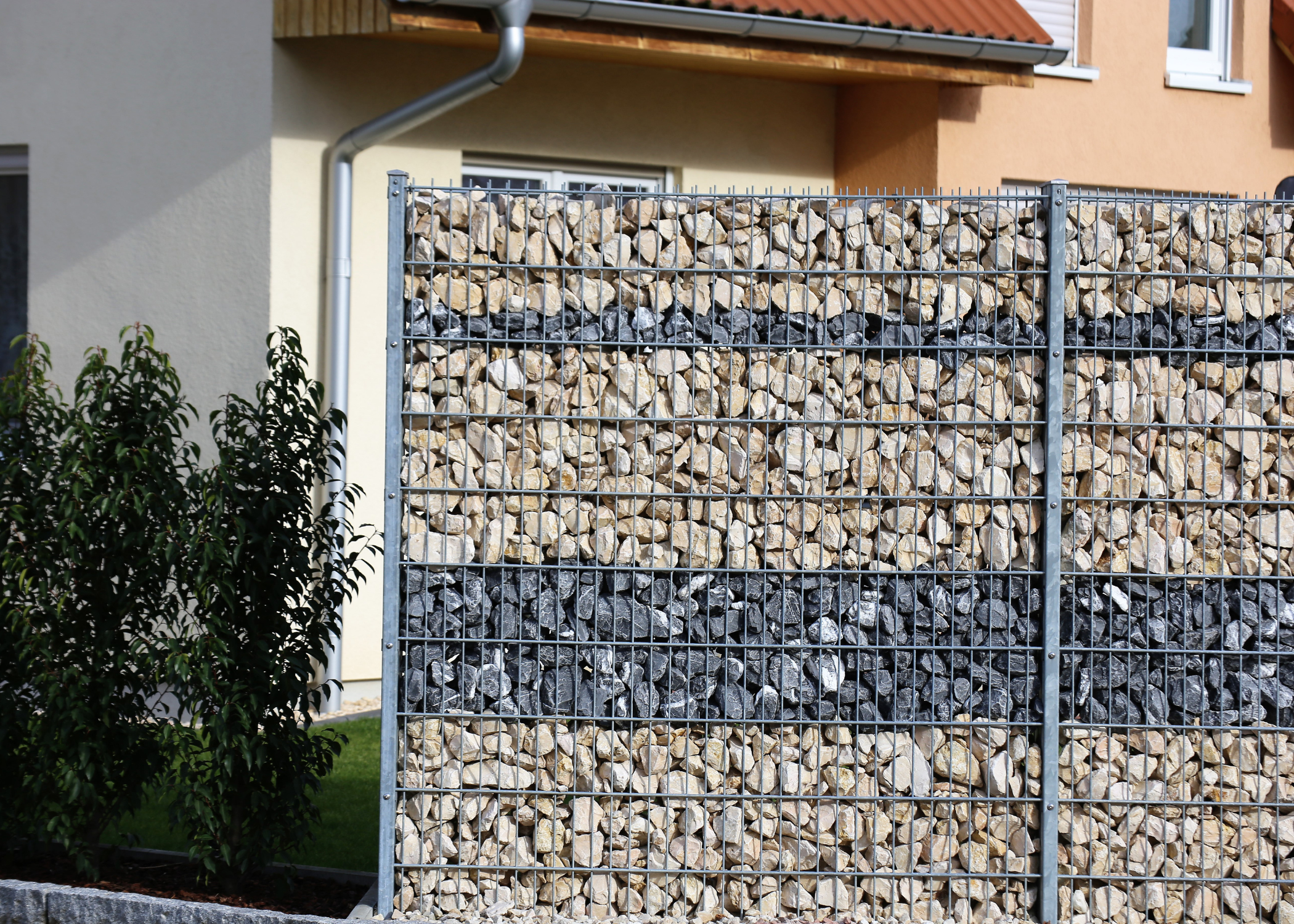
These walls can be utilized to create benches or even extend to form the bases for outdoor tables. This not only maximizes the use of space but also introduces a rustic charm to garden settings.
Using recycled materials like sandstone or old bricks as fillers for gabion walls also promotes sustainability while adding a distinctive touch to the garden landscape. By considering gabion wall ideas that blend form and function, homeowners can achieve a balance of practicality and style that enhances their living environment.
Exploring Material Choices for Building Gabion Walls
When considering gabion wall ideas, the choice of materials can greatly influence both the aesthetic and functionality of the wall. Traditionally, gabion walls are made using steel cages filled with rocks or stones. However, modern variations include using recycled materials such as crushed concrete or glass rocks for a more sustainable approach.
The type of stone used can range from granite to limestone, offering different textures and color schemes to fit the landscape design. It’s important to select materials that not only complement the surroundings but also possess the necessary durability to withstand environmental conditions.
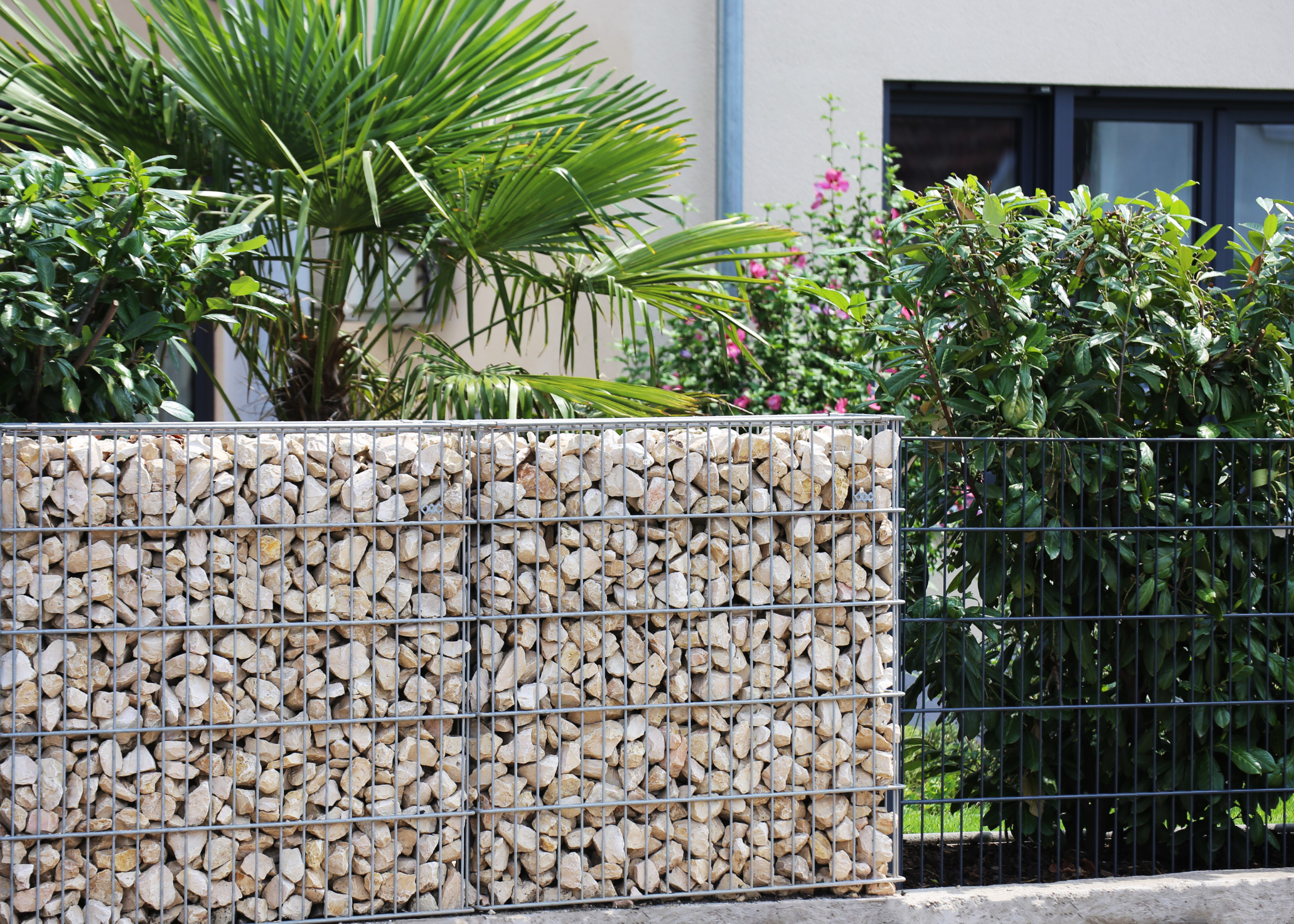
The structure of the cages themselves is another vital aspect to consider. Galvanized steel is commonly used for its resistance to rust and corrosion, ensuring longevity in harsh weather conditions. For a more rustic or natural look, some designers opt for coated meshes that blend more seamlessly with the natural environment.
When planning your gabion wall, it’s essential to think about both the visual impact and the practical implications of your material choices to ensure that the wall not only looks appealing but also serves its intended purpose effectively.
Creative Planting Ideas Using Gabion Walls in Gardens
Integrating gabion walls into garden landscapes not only adds a touch of modern aesthetic but also serves as a functional foundation for creative planting. These structures, typically made from wire and filled with rocks or concrete, can be transformed into living walls with a bit of ingenuity.
For instance, consider the pockets between the stones as potential planting spaces. Succulents, herbs, or flowering perennials can be tucked into these gaps, providing a natural burst of color and life that enhances the rugged texture of the gabion.
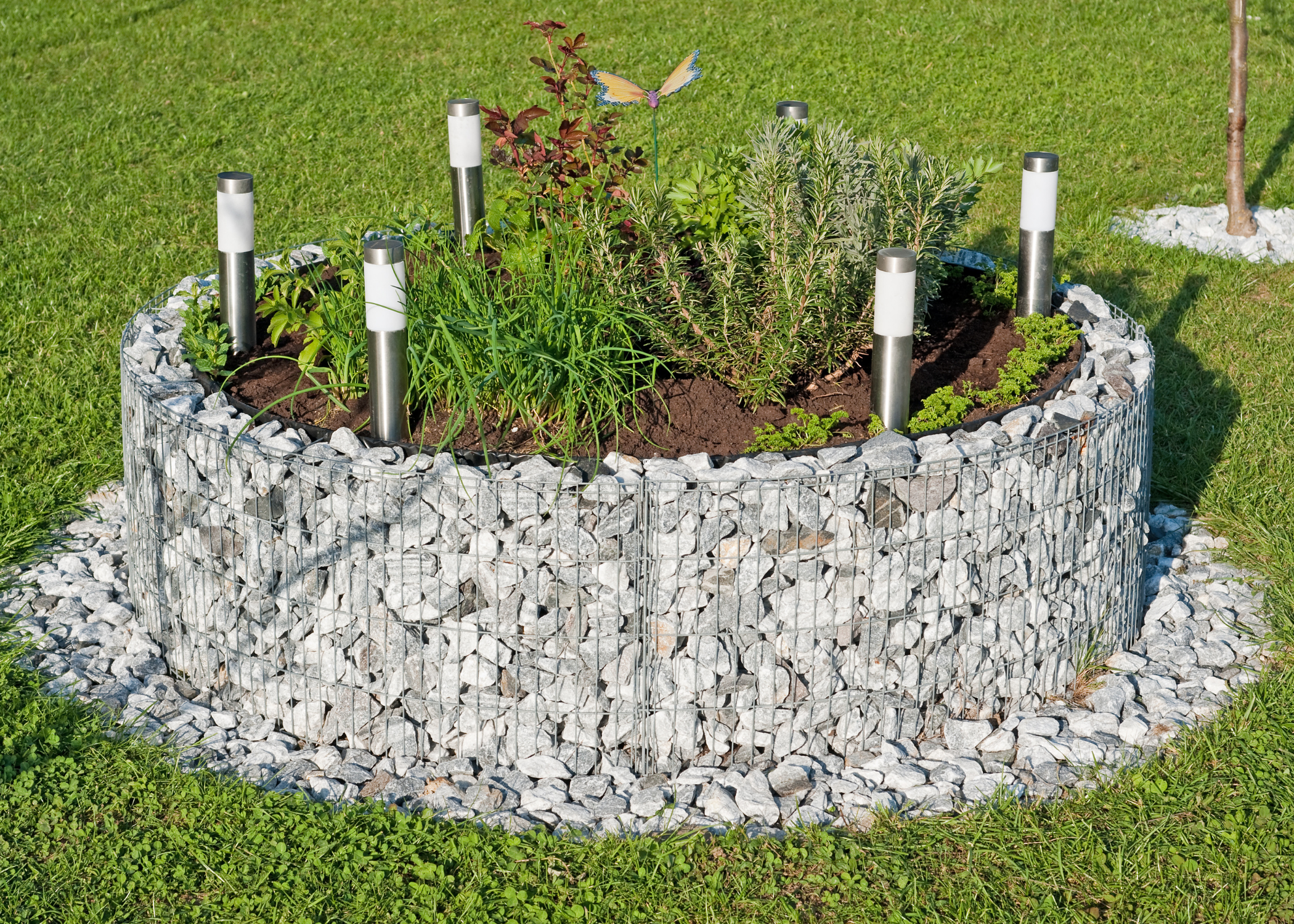
Gabion walls offer an excellent opportunity for vertical gardening, which is ideal for those with limited space. Climbing plants like ivy, jasmine, or even some varieties of roses can be encouraged to weave through the wire mesh, creating a lush green facade.
This not only maximizes garden space but also helps maintain cooler wall surfaces during hot weather, contributing to a more pleasant garden environment. Additionally, the thermal mass of the stones can help to regulate the temperature, creating a microclimate that supports a diverse range of plants around the gabion wall.
Combining Gabion Walls with Water Features
Integrating gabion walls with water features can create a stunning visual and auditory experience in any garden. The robust structure of a gabion wall provides a unique contrast to the soft, flowing movement of water.
For instance, imagine a tranquil waterfall cascading down a series of strategically stacked gabion baskets filled with smooth river rocks. The sound of water gently splashing over the stones not only adds a calming presence but also attracts wildlife, creating a lively backyard ecosystem.
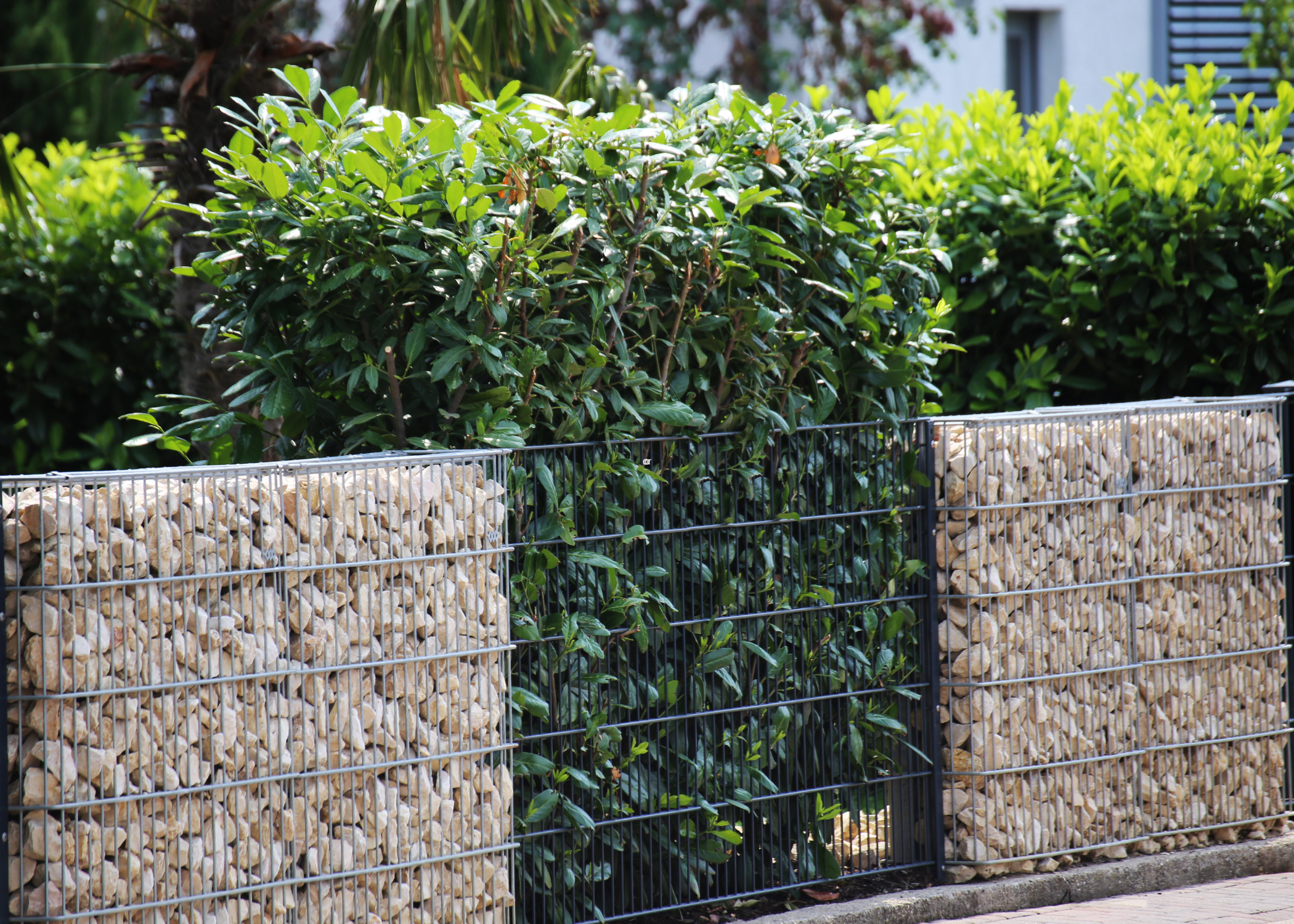
Furthermore, incorporating a small pond or fountain at the base of a gabion wall can enhance the aesthetic appeal while serving a practical purpose. The water collected can be used to irrigate nearby plants, creating a sustainable gardening solution.
The reflection of the textured gabion stones in the water adds an extra layer of beauty to the setup, making it a focal point in landscape design. This combination not only elevates the garden’s design but also promotes a serene and inviting outdoor environment for relaxation and entertainment.
Gabion Walls as Solutions for Slope Stabilization and Erosion Control
Gabion walls, often recognized for their aesthetic appeal, also play a critical role in environmental engineering, particularly for slope stabilization and erosion control. These structures are perfect for keeping soil in place, ensuring your plants stay healthy while keeping the roots covered in nutrition-rich soil.
They are particularly effective in areas susceptible to erosion because they allow water to filter through the structure, thereby reducing water speed and minimizing soil washout. This permeability supports plant growth, which further reinforces the soil structure and promotes ecological balance.
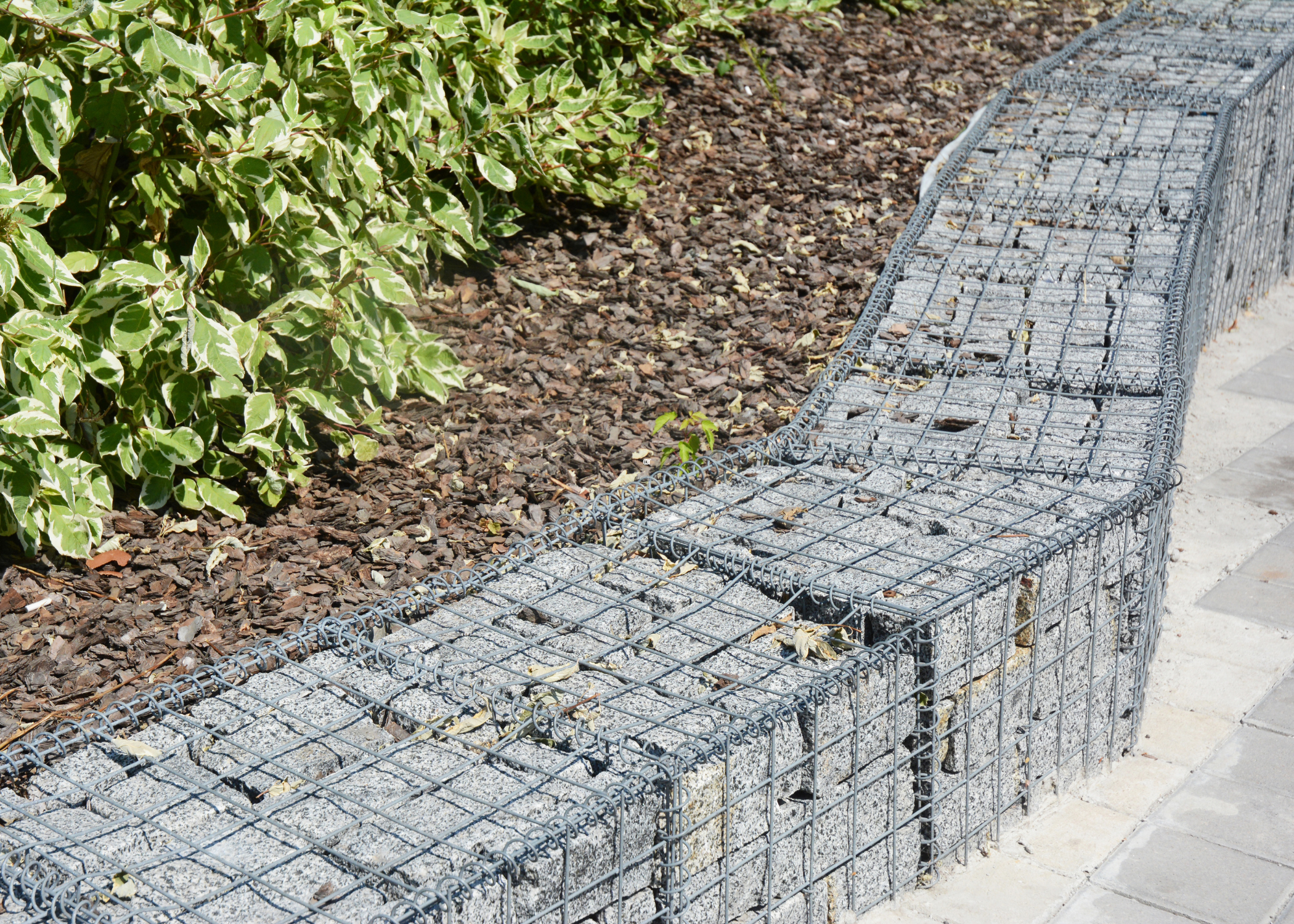
Integrating gabion walls into landscapes not only helps in controlling erosion but also stabilizes slopes by providing resistance against the downward movement of soil. Their flexibility makes them an excellent choice for uneven terrains where rigid barriers might fail.
Over time, the natural settling of the stones within the cages enhances the structural integrity of the wall, ensuring long-term stability. As a cost-effective and durable solution, gabion walls blend functionality with environmental sensitivity, making them a smart choice for managing sloped areas and preserving natural landscapes.
How to Integrate Lighting Elements with Gabion Walls for Enhanced Ambiance
Integrating lighting elements into your gabion wall can transform your outdoor space into a mesmerizing area, enhancing its functionality and aesthetic appeal. By embedding small LED lights within the stones of the gabion, you can create a subtle glow that highlights the natural texture of the materials.
This type of lighting is not only energy-efficient but also adds a contemporary touch to the rustic charm of the gabion walls. Place the lights strategically to accentuate certain sections of the wall or to illuminate pathways and garden features adjacent to the wall.
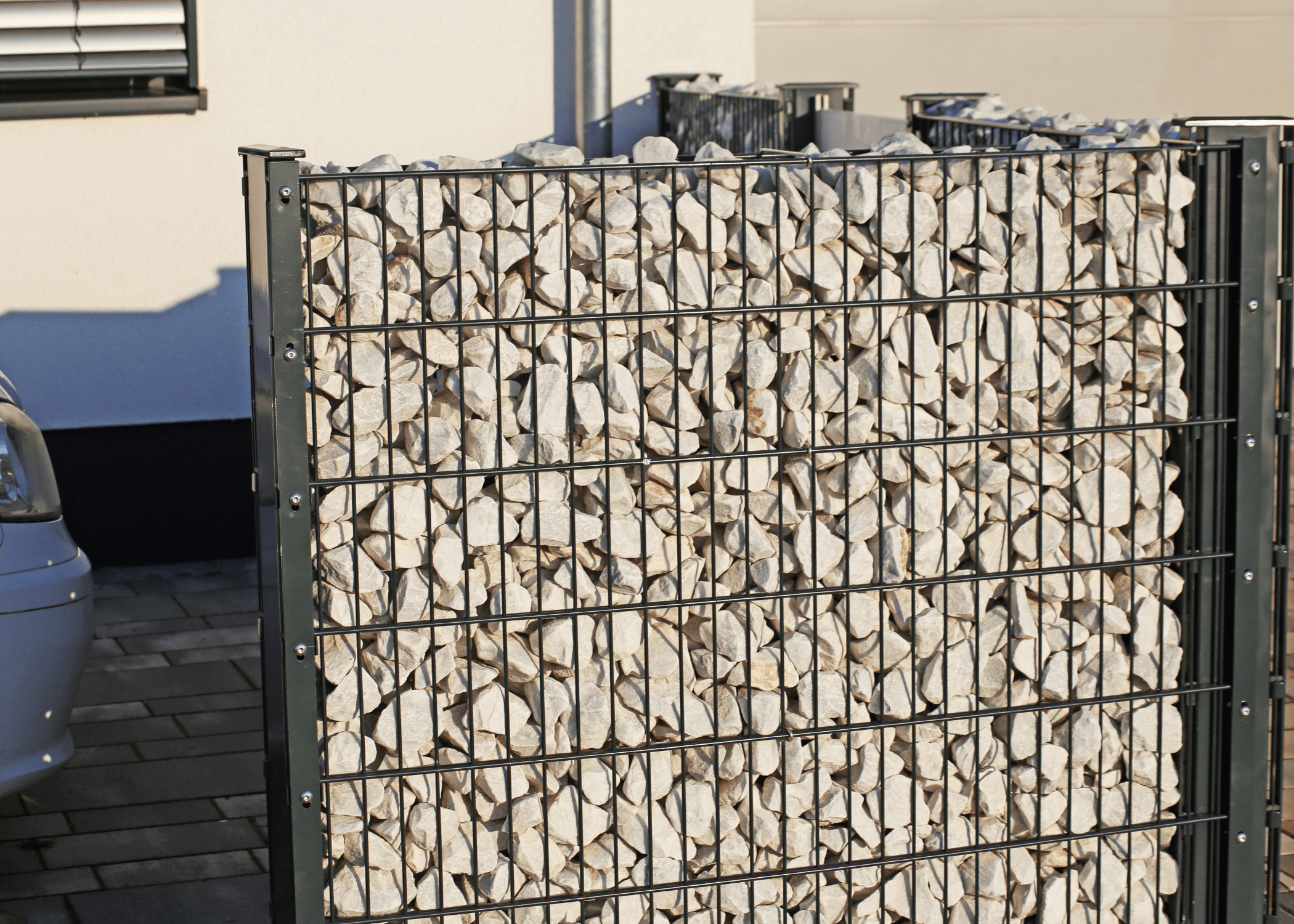
Another creative approach is to install solar-powered lights on top of the gabion walls, which can be particularly effective along driveways or around patios where additional lighting is beneficial. These lights charge during the day and automatically light up at dusk, providing a sustainable lighting solution that requires minimal maintenance.
The contrast between the rugged stone and the sleek, modern design of solar fixtures can create a visually striking feature in your garden. Experiment with different color temperatures to see how they interact with the hues of the stones in your gabion wall, enhancing the overall ambiance of your outdoor area.
Related Articles
Hopefully, a few of these ideas for gabion walls will spark inspiration to help you get the ball rolling on how you want to style and design your own. Whether you like the aesthetics of this unique type of wall or its functionality, we are sure that it will turn heads and be a focal point of your backyard.
Ready to start your next project? Join our DIY community to receive tool tips, how-to guides, and exclusive creative insights. Subscribe to the ManMadeDIY newsletter now! Click here to unlock a world of hands-on inspiration.
